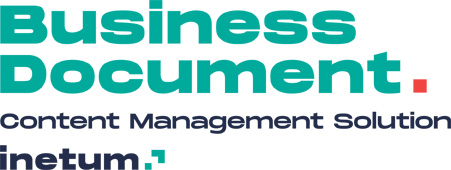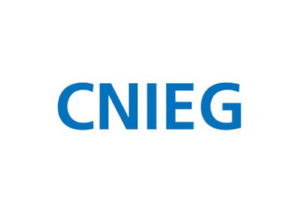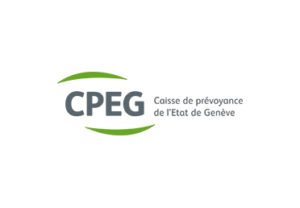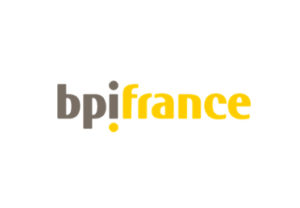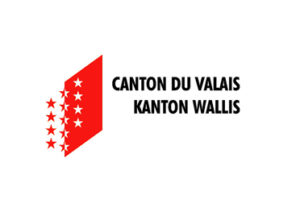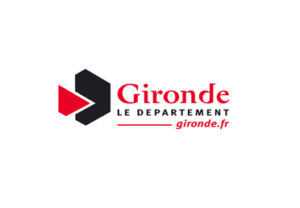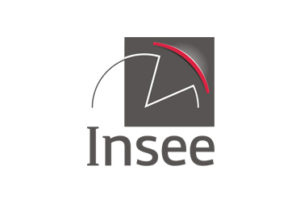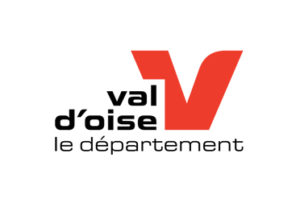
Solutions

Public Sector
Despite a global context of controlling, and even reducing, budgets, the public sector is evolving ever-more rapidly, propelled by the drive towards digital transformation (online administrative procedures, digital counter, cross-channel communication, etc.) and regulatory transformation (for example: RGPD, PES, @CTES, DSN, etc.).
At the heart of the challenges of this transformation, improving the quality of the relationship with citizens and public servants becomes a real priority.
Business Document’s customer communication management offer supports public sector stakeholders in their digital transformation strategy with regard to citizens and their agents.
Learn more
 Personalised and interactive communication in close proximity to citizens
Personalised and interactive communication in close proximity to citizens
Whether at national level, or in relation to regional and departmental councils, communities or public institutions, Plateform Business Document makes it possible to simply produce and personalise administrative documents for distribution by post and increasingly to integrate these into public service portals: administrative forms, civil status certificates, online certification or invoicing are available to citizens 7 days a week and on all media.
Up-to-date information, confirmation within regard to « Silence Implies Agreement », notifications by SMS or via social media establish a fluid, interactive and collaborative dialogue between the citizen and the public service agents.
With regard to Social Welfare, Bdoc Suite puts together the personalised documents sent to citizens (Disability, Childhood, Old Age…): notification mails, proposal for assistance or support, …
Within the framework of Social Action
(Disability, Childhood, Old Age…)
« The Business Document platform composes the personalised documents sent to citizens notification letters, proposals for assistance or coverage, etc. ».
Simplifying the implementation of state projects to go paperless
Thanks to its APIs, which allow strong integration into business applications, the Business Document platform helps public sector players to simplify document exchanges within the framework of major State projects, such as the PES (Standard Exchange Protocol) for
– dematerialisation of supporting documents and invoices
– the management of electronic signatures
– or @CTES for the transmission and control of documents between local authorities and the State.
 Regulatory compliance, data security and fraud detection
Regulatory compliance, data security and fraud detection
With the Business Document platform, government departments manage document templates centrally. They can optimise regulatory compliance across document types and media, reducing update times and production costs.
In addition, the widespread restriction of public spending requires administrations to have full control over the rules for detecting fraud mechanisms related to VAT refunds, payment of allowances and tax declarations and collection.
The analysis and verification of incoming documents, integrated into the Business Document processes, makes it possible to automate and make these control operations more reliable and reduce the related costs.
Preparing the Smartcity of the future
The relationship of administrations with their citizens is just starting its revolution. Smart objects, OpenData and AI are already mapping out the Smartcity of the future, serving citizens who are ever more informed and connected.
In return, it calls for more vigilance regarding the protection of data, as recommended by the GDPR to be in force from 2018.
Plateform Business Document enables administrations to anticipate these changes at document level, by offering end-to-end visibility of the communication process, from the administrator to the information system, via agents and public service providers.
Success Story Ville de Lausanne
The Bdoc Suite 2017 offer is a scalable package that takes into account market developments and takes a major step towards mobility and cross-media: mobiles, tablets, social media, etc. It also aims to revolutionise the traditional business of desktop publishing by providing an opportunity to easily use new digital media to replace the traditional PDF.
